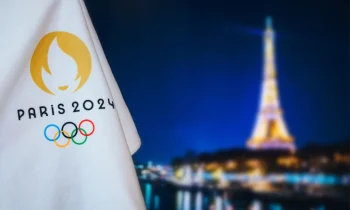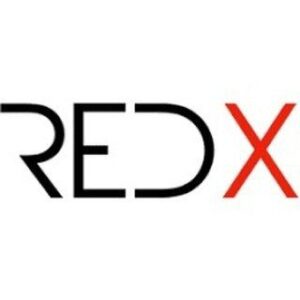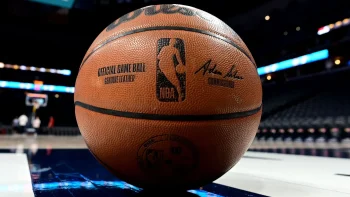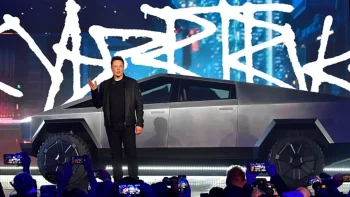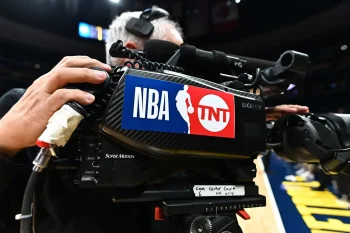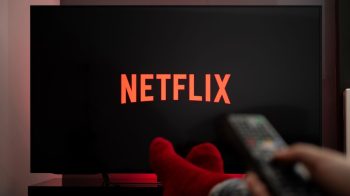The rapid advancements in artificial intelligence (AI) have significant implications for the music industry, particularly concerning copyrights and the protection of artists’ likeness. Music Executive John Kwatakye-Atiko, formerly of Universal Music Group and Island Def Jam, brings a unique perspective to the legal and technological challenges faced by the industry. His insights shed light on potential avenues for artists and labels to safeguard their interests in an era of AI-driven music creation.
The Legal Landscape: Voice Ownership and Copyright Law
A critical issue in the music industry is the distinction between an artist’s voice and the recordings it is featured on. While recordings are protected under copyright law, the voice itself is not. This lack of legal protection for an artist’s voice has led to various legal challenges, especially when it comes to its use in advertising or other commercial pursuits.
One notable case illustrating this issue is Midler v. Ford Motor Co., where singer Bette Midler sued Ford for using a sound-alike singer in a commercial without her permission. The court ultimately sided with Midler, recognizing that the use of a voice imitation could infringe upon an artist’s right of publicity.
AI, Voice Mimicry, and Master Sound Recordings
John Kwatakye-Atiko posits a potential solution to address the concerns surrounding AI-generated voice mimicry. He argues that if AI is being taught to replicate an artist’s unique voice using the master sound recordings themselves, artists and labels can contend that the AI is using uncleared samples of music. In this context, the new AI-generated recordings can be treated as sampling, opening up an avenue for negotiation between tech and music companies.
By treating AI-generated music as sampling, artists and labels can negotiate licenses and ensure fair compensation for the use of their work. This approach not only provides a potential legal remedy for artists but also fosters a collaborative environment between the music and tech industries.
As the music industry grapples with the challenges posed by artificial intelligence, insights from experienced professionals like John Kwatakye-Atiko become invaluable. By considering AI-generated music as sampling, artists and labels can navigate the uncharted territory of voice mimicry and copyright protection. It is crucial for the music and tech industries to work together and find innovative solutions that balance the need for creative expression with the protection of artists’ rights.
Also Read: AMS Enterprise: The Music Mogul Taking the R&B and Hip-Hop Industry by Storm – REDx Magazine


